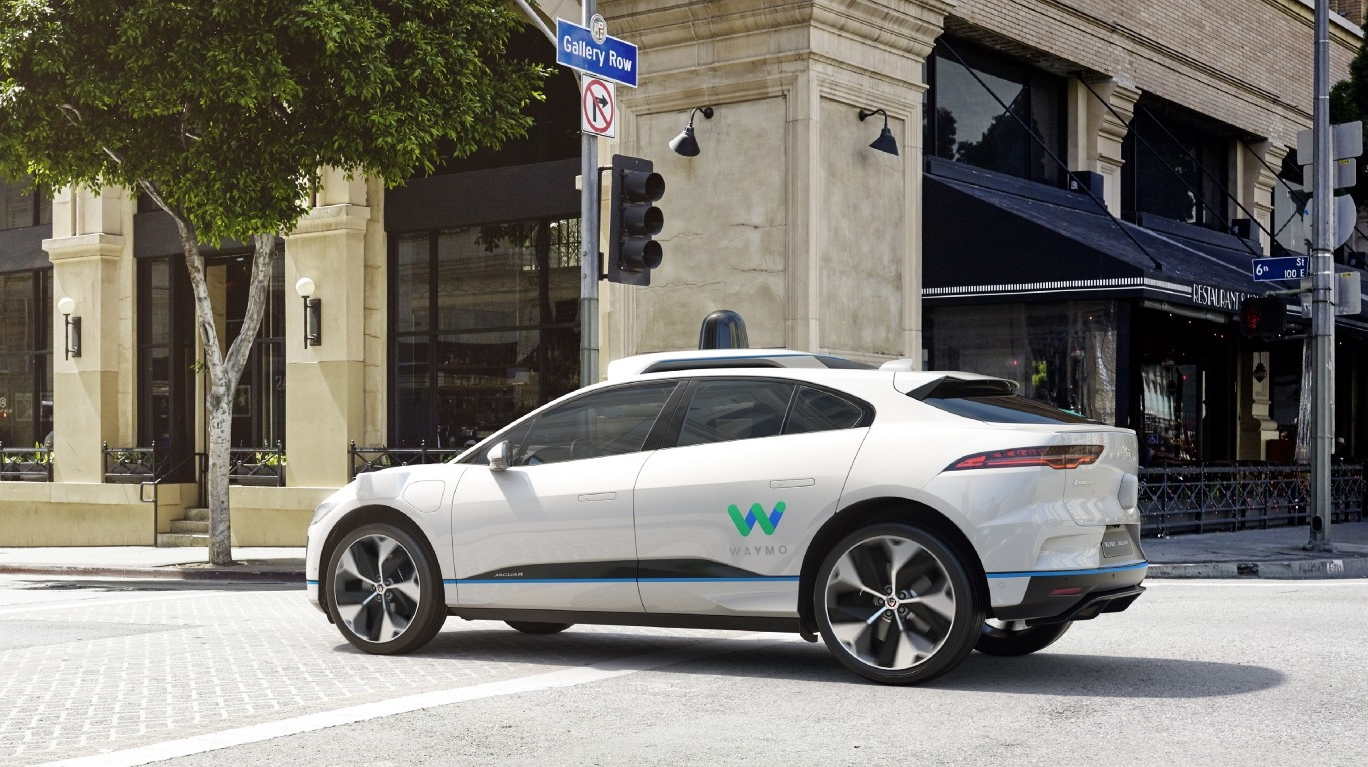Cars and Drivers
Americans Remain Highly Skeptical of Self-Driving Vehicles

Published:
Last Updated:

A large percentage of Americans (42%) said recently that they would not ride in a fully automated (self-driving) vehicle. About one in six (15%) said they don’t think that a fully automated vehicle will ever be built.
Those are the key takeaways from a new survey by J.D. Power released Tuesday at the Future of Auto Summit at the University of Michigan Transportation Research Institute. The “pulse” survey responses were gathered from 1,000 Americans on a survey containing just 12 questions.
Looking a bit deeper about Americans’ belief in the technology, 18% of respondents said that a fully automated vehicle would be on the market in two years or less. A third believe that such a vehicle will be for sale in two to five years, while 20% think development will take six to 10 years. Another 13% said it would take more than 10 years, and, as noted, 15% don’t think such a vehicle will ever be available.
When asked what level of safety would be required before they would ride in a self-driving vehicle 45% said the vehicle would have to be 100% safe with a 0% error rate and 38% said they wouldn’t ride in one regardless of the safety rating. A mere 2% said they’d ride in the vehicle without any safety testing.
Most respondents (40%) said there was no organization they would trust to conduct safety testing on self-driving cars. The Insurance Institute for Highway Safety (IIHS) would be trusted by 29% of respondents, while 12% would trust the manufacturers and just 9% would trust the government.
There’s a reason behind this skepticism. More than half (54%) of respondents said automakers are interested in self-driving vehicles in order to sell more cars. Among those less skeptical of automakers’ motives, nearly as many (45%) said manufacturers were interested in self-driving cars to promote innovation.
Tech companies are viewed as wanting mostly to sell more technology (64%), while only 23% of respondents said that tech firms were interested in increasing auto safety. More than half (59%) said insurance companies are interested in self-driving cars so that they can sell more insurance.
As for the government? Nearly half (48%) said the government was interested in order to increase transportation revenues.
While vehicle safety appears to be the main consideration among those surveyed, they also think that the automakers, tech companies, insurance companies and even the federal government are working on self-driving cars largely to make more money. That’s not a good look, and every crash reported for a test self-driving vehicle gets so much attention that it probably reinforces the view that all these organizations are just in it for the money and don’t care about consumers. The optics, as they say, need to be improved.
J.D. Power also notes that consumer sentiment regarding self-driving vehicles is inversely correlated with age. That is, the older you are the less likely you are ever to want to ride in a fully automated vehicle and the longer you’ll wait even to take your first ride in one.
Want retirement to come a few years earlier than you’d planned? Orare you ready to retire now, but want an extra set of eyes on your finances?
Now you can speak with up to 3 financial experts in your area for FREE. By simply clicking here you can begin to match with financial professionals who can help you build your plan to retire early. And the best part? The first conversation with them is free.
Click here to match with up to 3 financial pros who would be excited to help you make financial decisions.
Thank you for reading! Have some feedback for us?
Contact the 24/7 Wall St. editorial team.